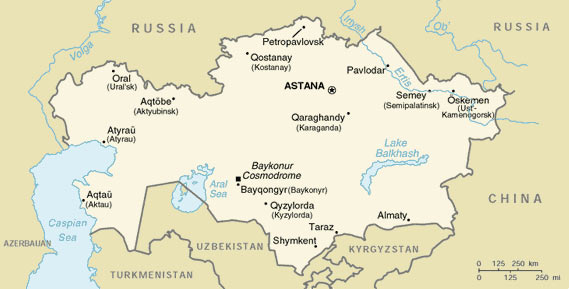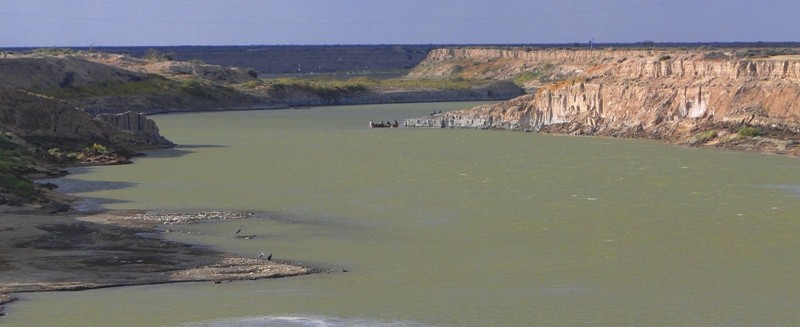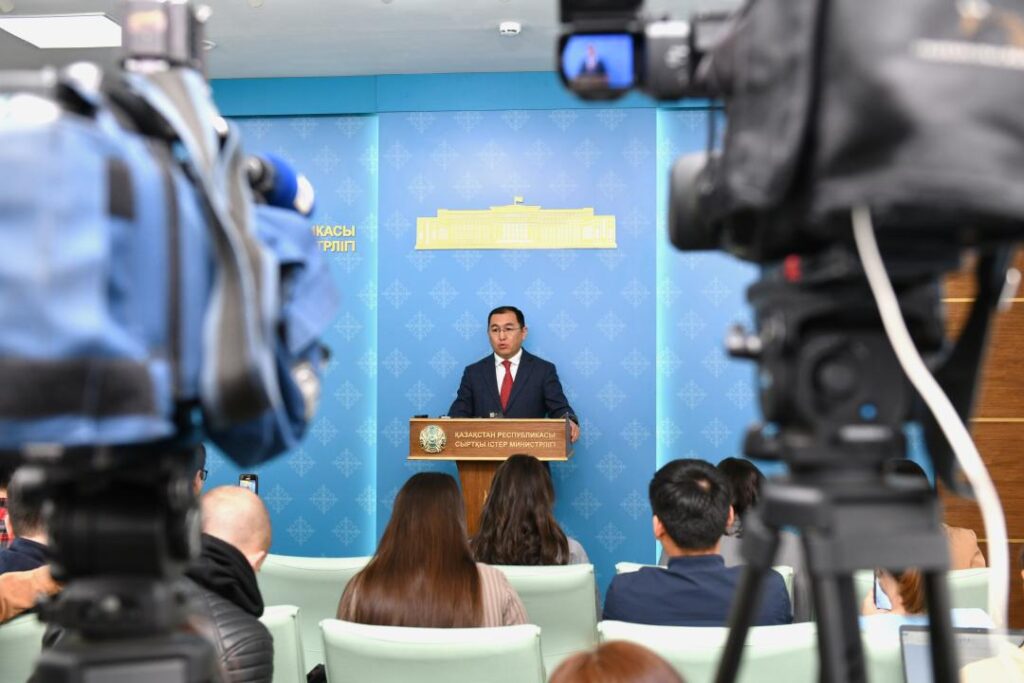ASTANA (TCA) — Along with Turkmenistan, the oil-rich Kazakhstan has been particularly hit by low oil and gas prices, and with the country’s weak banking sector, price increases, and corruption, the Kazakh government may at some point face the population’s discontent and social unrest. We are republishing this article by Farkhad Sharip on the issue, originally published by The Jamestown Foundation’s Eurasia Daily Monitor:
Against the backdrop of turbulent developments over the last two decades in neighboring Uzbekistan and Kyrgyzstan, Kazakhstan may arguably be called an island of prosperity in Central Asia. In his Address to the People of Kazakhstan, delivered on January 10, President Nursultan Nazarbayev reinforced this positive image of the country pointing out that “in 2017, having overcome the negative impacts of the global crisis, the country re-embarked on a trajectory of steady growth” (Kaznews.kz, January 10).
This year’s presidential message to the nation was headlined as “New opportunities of development under the conditions of the fourth industrial revolution,” and it generally outlined the prospects of promoting digital technology. Nonetheless, the bulk of Nazarbayev’s speech was devoted to social policy. Specifically, he announced that, in 2018, social spending from the state budget will increase by 12 percent; and from the second half of the year, the average size of the basic pension will rise by a factor of 1.8, depending on the length of service. The salary of qualified teachers is expected to increase from 30 to 50 percent, which will require additional budget spending of 67 billion tenge ($206 million).
Despite the optimistic note struck by the president’s address, skepticism prevails among Kazakhstani citizens. According to official figures, as of November 2017 the inflation rate stood at 6.48 percent. This was roughly within the 6.5–7 percent threshold forecast by the National Bank of Kazakhstan (Statbureau.org, December 7, 2017). However, citizens constantly complain that their salaries and pensions cannot keep up with the frequent hikes in food prices or the rising costs of utility services. Last year, a Eurasian Economic Commission report said that between July 2016 and July 2017, the number of registered unemployed Kazakhstanis increased by 37 percent (Informburo.kz, July 31, 2017).
If left unaddressed, such mounting unresolved socio-economic problems are likely to erupt in social unrest of the scale witnessed six years ago in Zhanaozen, Mangistau region. On December 16–17, 2011, oil workers of the KazMunayGaz Company staged massive protests in Zhanaozen, which led to an unspecified number of deaths (see EDM, February 1, 2012; March 16, 2012). Hints of further potential problems like this are already visible.
On December 11, 2017, more than 200 miners employed by ArcelorMittalTemirtau JSC, in Shakhtinsk, Karagandy region, refused to resurface after the end of their night shift. The miners were protesting inadequate work conditions and low wages. Later, they were joined by hundreds of fellow workers at four other coal mines belonging to ArcelorMittalTemirtau who put up similar demands. The miners finally agreed to end the strike on December 15, after prolonged talks with company executives and the governor of Karagandy region. They were promised a 30 percent wage increase (Dixinews.kz, December 15, 2017).
Earlier, on November 29, a similar protest action was staged by 250 workers of the Kazakhmys Corporation, in Satpayevo, a mining town in the same region. Coal miners refused to leave the underground mines until their demands of a 70 percent wage increase and better social benefits were met. Since the strike would have marred celebrations to mark the Day of the First President of Kazakhstan, on December 1, the city government and Kazakhmys executives acceded to the miners’ demands (Novoetv.kz, December 12, 2017).
Some politicians in Kazakhstan inherently opposed to the privatization of state enterprises and suspicious of foreign investors are apparently trying to exploit the miners’ strikes to gain political advantage and boost their national support. At a recent parliamentary session, Turgun Syzdykov, a deputy from the Communist People’s Party of Kazakhstan (CPPK), criticized government officials for their “inaction and indifference” to miners’ demands. Additionally, he called on them “to draw lessons” from these protest actions (Ratel.kz, January 17).
An open letter addressed to the chairman of the Senate (upper chamber of the parliament), Kasymzhomart Tokayev, the chairman of the Majilis (lower chamber), Nurlan Nigmatullin, as well as President Nazarbayev, calls on the government to introduce amendments to the Land Code. The letter, posted on a Kazakh-language website, specifically recommends banning the sale and lease of agricultural lands to foreigners as well as legally forbidding the privatization of land plots (Abai.kz, January 17).
The protest mood in Kazakhstan is mainly being fomented by rampant corruption among high-ranking government officials, including law enforcement agencies and public prosecutors. In his Address to the Nation, Nazarbayev disclosed that just over the last three years, more than 2,500 public servants, top-ranking officials and heads of state-owned companies were tried on corruption charges (Kaznews.kz, January 10).
Since Kazakhstan gained its independence from the Soviet Union in 1992, the government has launched a whole range of reforms in the social and judicial spheres. But for the most part, they have been implemented in a chaotic and inconsistent manner. Initially, when pension reform based on the “Chilean model” started in 1998, private pension funds appeared in Kazakhstan to create a competitive environment. But in 2013, based on the government’s decision, these private funds stopped operating and their assets were transferred to the state-controlled Unified Accumulative Pension Fund, created to redirect pension fund savings to prop up the oil-dependent economy and banking sector. However, a recent scandal, in which the Unified Pension Fund invested 72 billon tenge ($222 million) in the insolvent International Bank of Azerbaijan (Meydan TV, May 19, 2017), shows that pensioners in Kazakhstan have good reasons to worry about the safety of their savings. President Nazarbayev’s rosy Address to the People notwithstanding, Kazakhstani officials still have much work to do to address the country’s systemic socio-economic weaknesses.







